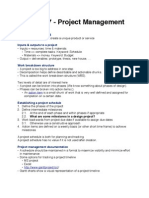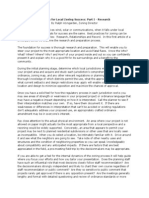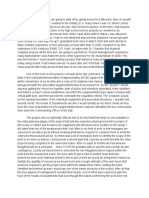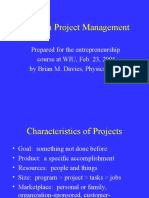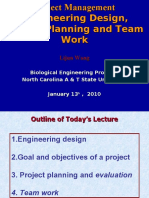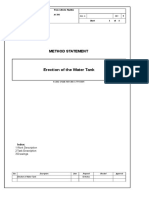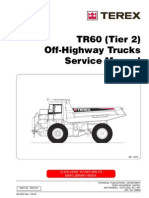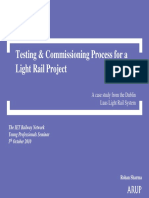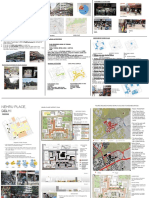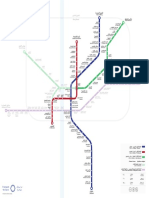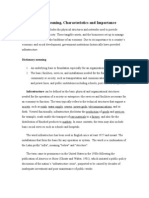0% found this document useful (0 votes)
46 views8 pagesProject Management Unit - Lesson Learned
The document outlines key lessons learned from a project management workshop, emphasizing the importance of schedules and status reports for project accountability and planning. It discusses the complexities of combined projects, particularly regarding environmental documentation and coordination with railroads. Additionally, it highlights the need for community engagement and collaboration in addressing project issues through strategic planning and stakeholder involvement.
Uploaded by
Wild ONDZACopyright
© © All Rights Reserved
We take content rights seriously. If you suspect this is your content, claim it here.
Available Formats
Download as PDF, TXT or read online on Scribd
0% found this document useful (0 votes)
46 views8 pagesProject Management Unit - Lesson Learned
The document outlines key lessons learned from a project management workshop, emphasizing the importance of schedules and status reports for project accountability and planning. It discusses the complexities of combined projects, particularly regarding environmental documentation and coordination with railroads. Additionally, it highlights the need for community engagement and collaboration in addressing project issues through strategic planning and stakeholder involvement.
Uploaded by
Wild ONDZACopyright
© © All Rights Reserved
We take content rights seriously. If you suspect this is your content, claim it here.
Available Formats
Download as PDF, TXT or read online on Scribd
/ 8



















